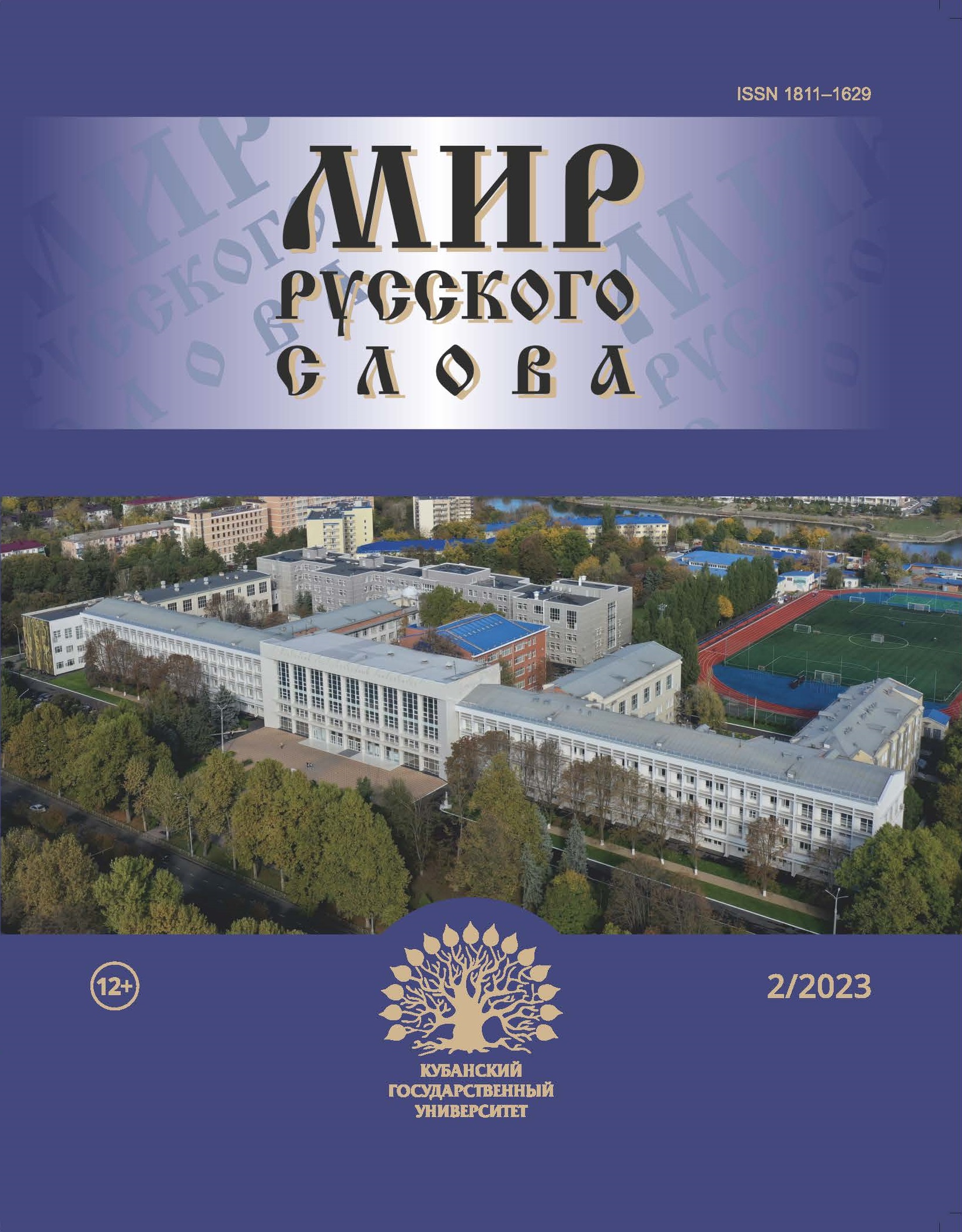The Word “Expert” in Russian Media Discourse: Semantics and Pragmatics in Conditions of Uncertainty
DOI:
https://doi.org/10.21638/spbu30.2023.201Abstract
The semantics of the word “expert” in the Russian language media space and the pragmatics of introducing expert commentary into a media text are studied using the method of content analysis and discourse analysis of expert media content. The studied media content includes interviews with experts on YouTube; expert comments introduced into the journalistic text of the leading socio-political mass media and online lifestyle media, which are in the top 10 according to Mediascope, as well as expert channels in Telegram. The method of associative experiment revealed the value-evaluative meanings attached to the word expert in the linguistic consciousness of journalism students. The relevance of the study is conditioned by the explosive increase in the use of the word expert in the Russian-language media space in the last two years, the increasing flow of requests for expert opinions on digital platforms, and the involvement of more and more humanities students in expert discourse in response to the media sphere’s demand for the formation of a stable picture of the world. The novelty of this article is predetermined by the material itself, which has not been systematically analyzed before, as well as by the approach to the research. The study has shown that in the conditions of socio-political instability and uncertainty of the future, the main function of the expert is to interpret events and orient in the modern world, which is expressed in the frequent combination of the word with verbs of speaking: explained, interpreted, analyzed. At the same time, the content of the concept of expert in the young generation of journalists is associated with such notions as high social status, communicative leadership, and realization in the media space, i. e. with those that describe a modern person immersed in the info-newsletter, an information specialist. The pragmatic element of the increase of expert media content in the media is connected, on the one hand, with the problem of media fake news, which was aggravated with the onset of the pandemic and special military operation (SMO), the problem of trust in the media, and, on the other hand, with the need for journalists to resort to the interpretation of an increasingly complex and turbulent world.
Keywords:
expert, media communication, instability, content, interpretation of reality
Downloads
References
Downloads
Published
How to Cite
Issue
Section
License
Articles of "The World of Russian Word" are open access distributed under the terms of the License Agreement with Saint Petersburg State University, which permits to the authors unrestricted distribution and self-archiving free of charge.




